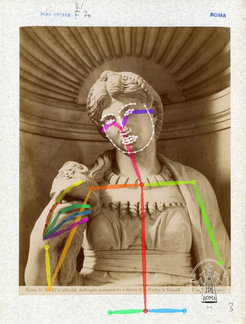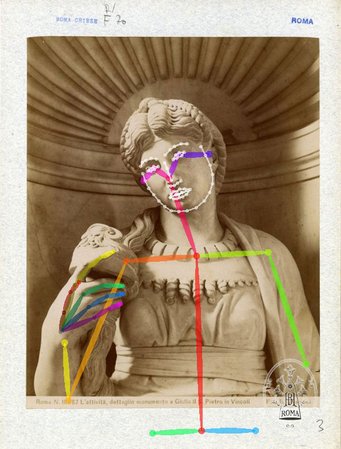Digital Visual Studies

Dealing with questions that arise from developments in the Digital Humanities plays an important role in this Research Priority of the Department. Computer-aided processes increasingly determine the collection, management, and communication of research-related data – from sustained digitization of art historical sources and their automatized evaluation to formats of digital publishing. Considering the mediality of sources and tools, hitherto conventional conceptions of working in the humanities are changing. Apart from a reflection on these radical changes and their epistemological implications on the level of art history and theory, the Department encourages the acquisition and mediation of digital competences by introducing an extensive reorganization of the academic IT area at the Institute.
Digital Visual Studies is a Research Priority of the Department, as well as, and more precisely, the name-sake research group of its own: Digital Visual Studies (DVS) is a seven-year cooperation project funded by the Max Planck Society and hosted by the University of Zurich since January 2020. The project aims to establish Digital Visual Studies as a way of pushing Art History in the direction of the Digital Humanities, modernize its methodologies, and contribute to shaping the first generation of Digital Visual Humanists. Digital Visual Studies supports and funds Predoctoral, Postdoctoral, and Visiting Fellows who work in the areas of visual, textual, and spatiotemporal research. The project seeks to foster avant-garde transdisciplinary research focused on methodological innovation and critical reflection in the field between computer vision and art history. It is defined by its explorative nature and driven by the research interests of its members in a bottom-up approach.
